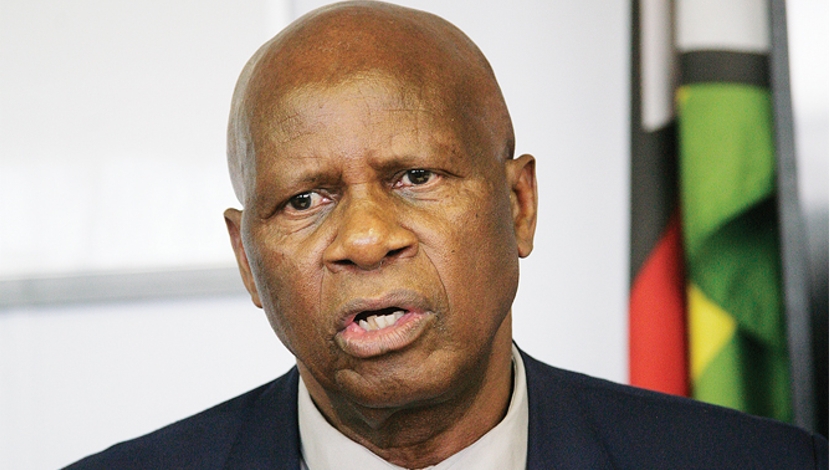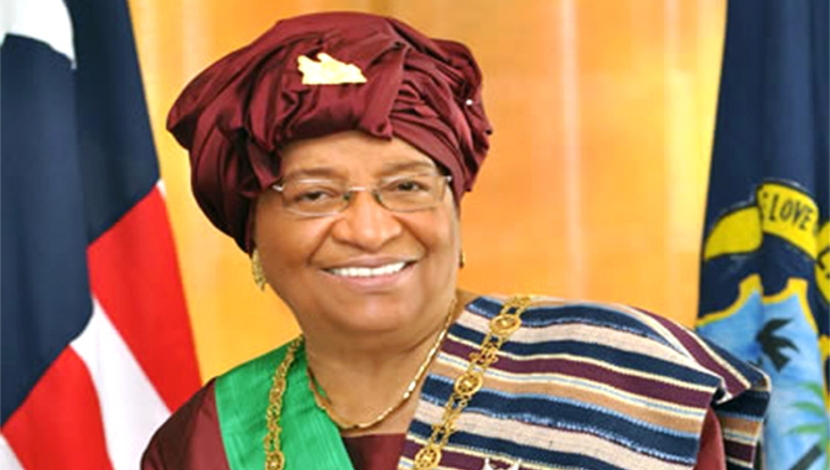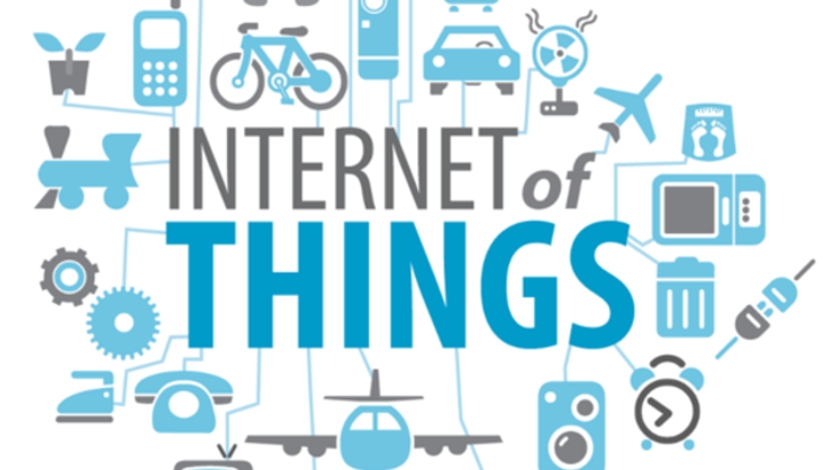

Stressing that Africa is not risky for investment in transboundary infrastructure, ECA’s Executive Secretary, Carlos Lopes, said on Monday in New York that the quest for regional integration in Africa made trade and transboundary infrastructure critical and called on sovereign wealth funds to support African development by investing in sustainable infrastructure which, he said, is the growth story of the future.
“Africa has suffered too long from unnecessary high cost of capital due to perceived investment risks rather than the reality on the ground,” said Lopes. Moody’s Investors Service report on defaults and recovery rates for projects financed by bank loans shows that defaults from North America, Europe and South-east Asia accounted for 76.9%, only 7 out of 223 projects in Africa defaulted, about 3%.
Launching ECA and NEPAD Agency’s publication, “16: Infrastructure projects for African integration” at the NASDAQ Stock Exchange, Lopes said the 16 infrastructure projects profiled in the publication were selected by African heads of state based on the priorities of the continent and their potential impact for regional integration. Lopes said the immediate challenge for Africa was to ensure that its infrastructure is sustainable. Data, he said, could be misleading on three grounds.
First, the trade data constitute an African average, which includes all sub-regions of Africa including North Africa’s large economies with intra-Africa trade of about 3%, and East Africa with intra African trade of about 26%, equivalent to that of Southeast Asia.
Secondly, trade figures grossly underestimate the informal economy in many African countries and thirdly, there were no quality statistics which take into account transboundary sophisticated transactions such as transboundary banks and telephone roaming, which makes Africa one of the most integrated regions. The meeting was attended by about 70 investors and sovereign wealth funds as well as representatives of NEPAD, the SA government, the African Union Commission, and UNCTAD.





